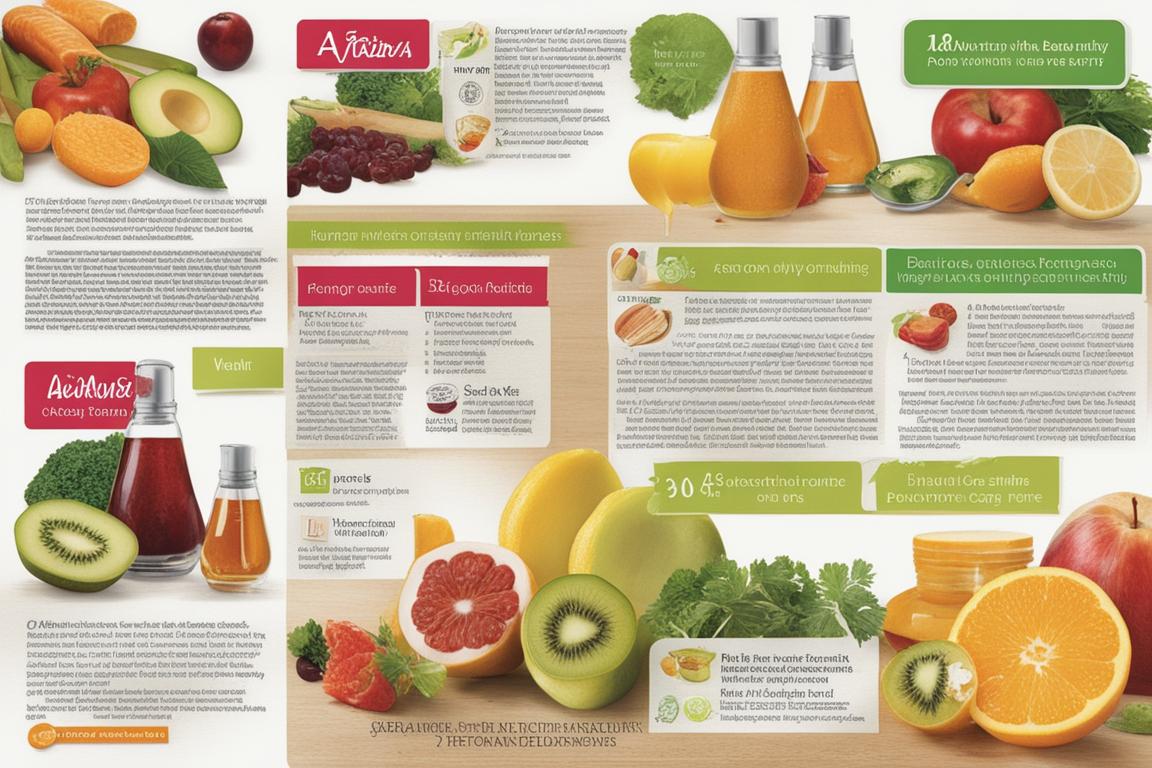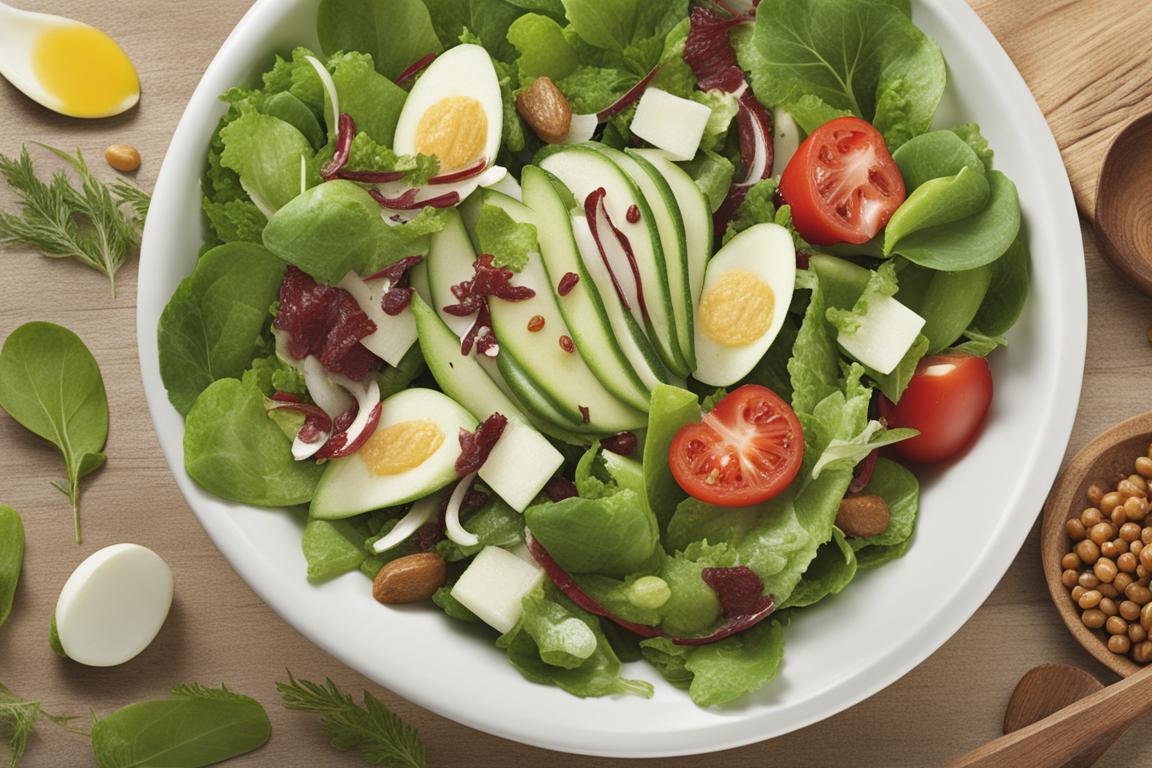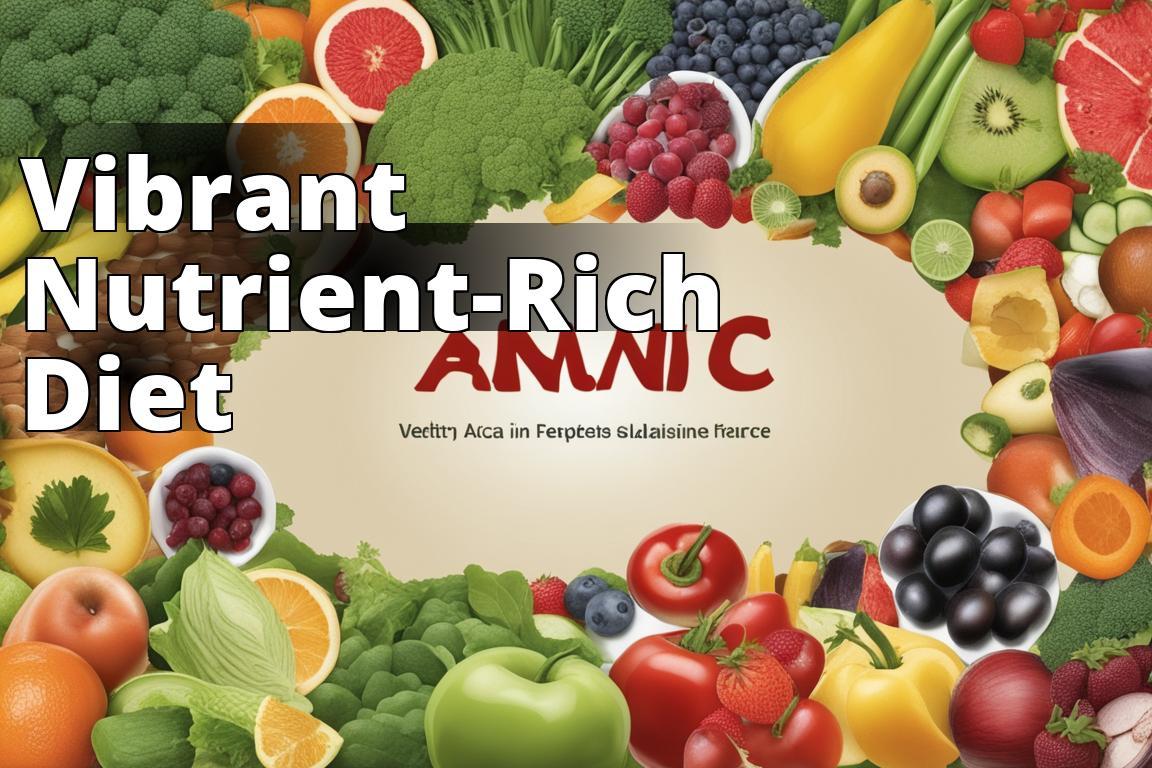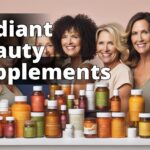Forget the over-the-top promises of instantaneously lustrous locks you see in commercials. The real secret to healthy hair, skin, and nails lies not in the latest expensive serum or hair treatment, but within the nutrients we feed our body. Especially for vegetarians, finding the right balance of vitamins and minerals can be a game-changer. Here, we delve into the nine best hair, skin, and nails vitamins, backed by science and personal trial and error, that have made a tangible difference in my life and could in yours, too.
Learn about the best vitamins for hair, skin, and nails for vegetarians
- Vitamin A: Supports skin health and cell growth.
- B-Vitamins: Essential for overall hair health and growth.
- Vitamin C: Boosts collagen production for skin elasticity.
The 9 Best Vitamins for Hair, Skin, and Nails, According to Experts
1. Vitamin A
All cells need Vitamin A for growth. This includes hair, the fastest growing tissue in the human body. Vitamin A also helps skin glands make an oily substance called sebum. Sebum moisturizes the scalp and helps keep hair healthy. As a vegetarian, I’ve found that incorporating sweet potatoes, carrots, and spinach into my diet not only satisfies my taste buds but also significantly improves my hair’s health and shine.
Insider Tip: Too much Vitamin A can be harmful and lead to hair loss. Striking the right balance is key.
2. B-Vitamins
One of the best known vitamins for hair growth is a B-vitamin called biotin. Studies link biotin deficiency with hair loss in humans, though it’s incredibly rare to have this deficiency if you consume a balanced diet. Other B-vitamins help create red blood cells, which carry oxygen and nutrients to the scalp and hair follicles. Foods like whole grains, almonds, meat, fish, seafood, and dark, leafy greens are rich in B-vitamins. As a vegetarian, Ive turned to fortified foods and supplements to ensure my body gets enough of these.

3. Vitamin C
Free radical damage can block hair growth and cause your hair to age. Vitamin C is a powerful antioxidant that helps protect against the oxidative stress caused by free radicals. Additionally, Vitamin C is used to create a protein known as collagen an important part of hair structure. It also helps your body absorb iron, a mineral necessary for hair growth. Bell peppers, strawberries, guavas, and citrus fruits are my go-to Vitamin C powerhouses.
4. Vitamin D
Low levels of Vitamin D are linked to alopecia, a technical term for hair loss. Research also shows that Vitamin D may help create new follicles the tiny pores in the scalp where new hair can grow. Vitamin D is thought to play a role in hair production, but most research focuses on Vitamin D receptors. The role of Vitamin D in hair growth is still misunderstood, but one thing is clear: it’s crucial. As someone who doesn’t get enough sunlight due to my indoor lifestyle, supplementing with Vitamin D has made a noticeable difference in my hair health.
5. Vitamin E
Similar to Vitamin C, Vitamin E is an antioxidant that can prevent oxidative stress. In one study, people with hair loss experienced a 34.5% increase in hair growth after supplementing with Vitamin E for 8 months. Sunflower seeds, almonds, spinach, and avocados are fantastic sources of Vitamin E and have been staples in my diet for years.

6. Iron
Iron helps red blood cells carry oxygen to your cells. This makes it an important mineral for many bodily functions, including hair growth. Iron deficiency, which causes anemia, is a major cause of hair loss. It’s especially common in women. Lentils, spinach, and quinoa are excellent sources of iron that are totally vegetarian-friendly. Since incorporating these into my daily meals, Ive seen a significant reduction in hair shedding.
Real-Life Example: How Vitamin E Improved Sarah’s Skin
Sarah’s Struggle
Sarah had always struggled with dry and dull skin. She had tried countless skincare products, but nothing seemed to work. Frustrated with her skin issues, she decided to seek advice from a dermatologist.
The Dermatologist’s Recommendation
After examining Sarah’s skin, the dermatologist recommended incorporating vitamin E into her skincare routine. Vitamin E is known for its moisturizing and antioxidant properties, which can help improve skin texture and overall appearance.
Sarah’s Results
Excited to try a new approach, Sarah started using a vitamin E serum daily. After a few weeks, she noticed a significant difference in her skin. Her complexion was brighter, and her skin felt more hydrated than ever before. Thanks to the dermatologist’s recommendation of vitamin E, Sarah finally found a solution to her long-standing skin issues.
7. Omega-3 Fatty Acids
Omega-3 fatty acids are important fats our body cannot make itself, and therefore must be obtained through our diet. They offer numerous benefits for your hair, including adding elasticity, making it less prone to breakage, and promoting hair growth. For vegetarians, sources of Omega-3 include flaxseeds, chia seeds, and walnuts. I personally love adding a tablespoon of ground flaxseed to my smoothies for an effortless Omega-3 boost.
8. Protein
Hair is made almost entirely of protein. Consuming enough is important for hair growth. Animal products are known to be good sources of protein, but there are plenty of plant-based options too. Legumes, nuts, seeds, and whole grains can provide vegetarians and vegans with enough protein to support hair health. As someone who follows a plant-based diet, I’ve found that incorporating a variety of these sources keeps my hair thick and strong.
9. Zinc
Zinc plays an important role in hair tissue growth and repair. It also helps keep the oil glands around the follicles working properly. Hair loss is a common symptom of zinc deficiency. Studies show that zinc supplementation can reverse the effects of hair loss caused by a zinc deficiency. However, it’s important to note that taking too much zinc can also lead to hair loss. That’s why getting zinc from foods like lentils, chickpeas, pumpkin seeds, and quinoa is a safer bet.
Insider Tip: It’s better to get your vitamins and minerals from food than supplements unless you have a deficiency.
The Bottom Line
While genetics play a key role in hair health, the power of a well-balanced diet should not be underestimated. For vegetarians, getting the right mix of vitamins and minerals can require a bit more thought and effort, but it’s entirely possible and worth it. From personal experience, adjusting my diet to include these nine essential nutrients has transformed my hair from brittle and lifeless to vibrant and strong. It’s a journey worth embarking on, not just for the sake of your hair, but for your overall health. Remember, the most important step you can take towards achieving luscious locks is to nourish your body from the inside out.
Frequently Asked Questions
Who can benefit from the best hair skin and nails vitamins for vegetarians?
Vegetarians looking to improve their hair, skin, and nails health naturally.
What are the key ingredients to look for in these vitamins?
Look for biotin, vitamin C, zinc, and collagen-boosting nutrients.
How often should vegetarians take these vitamins for optimal results?
It is recommended to take the vitamins daily as part of a balanced diet.
What if I already have a balanced diet, do I still need these vitamins?
Even with a balanced diet, these vitamins can provide extra support for hair, skin, and nails health.
How can I ensure the vitamins are vegetarian-friendly and cruelty-free?
Look for certifications like “vegan” or “cruelty-free” on the product packaging.
What if I have dietary restrictions, are there alternatives available?
Yes, there are vegan-friendly and gluten-free options available for those with dietary restrictions.


